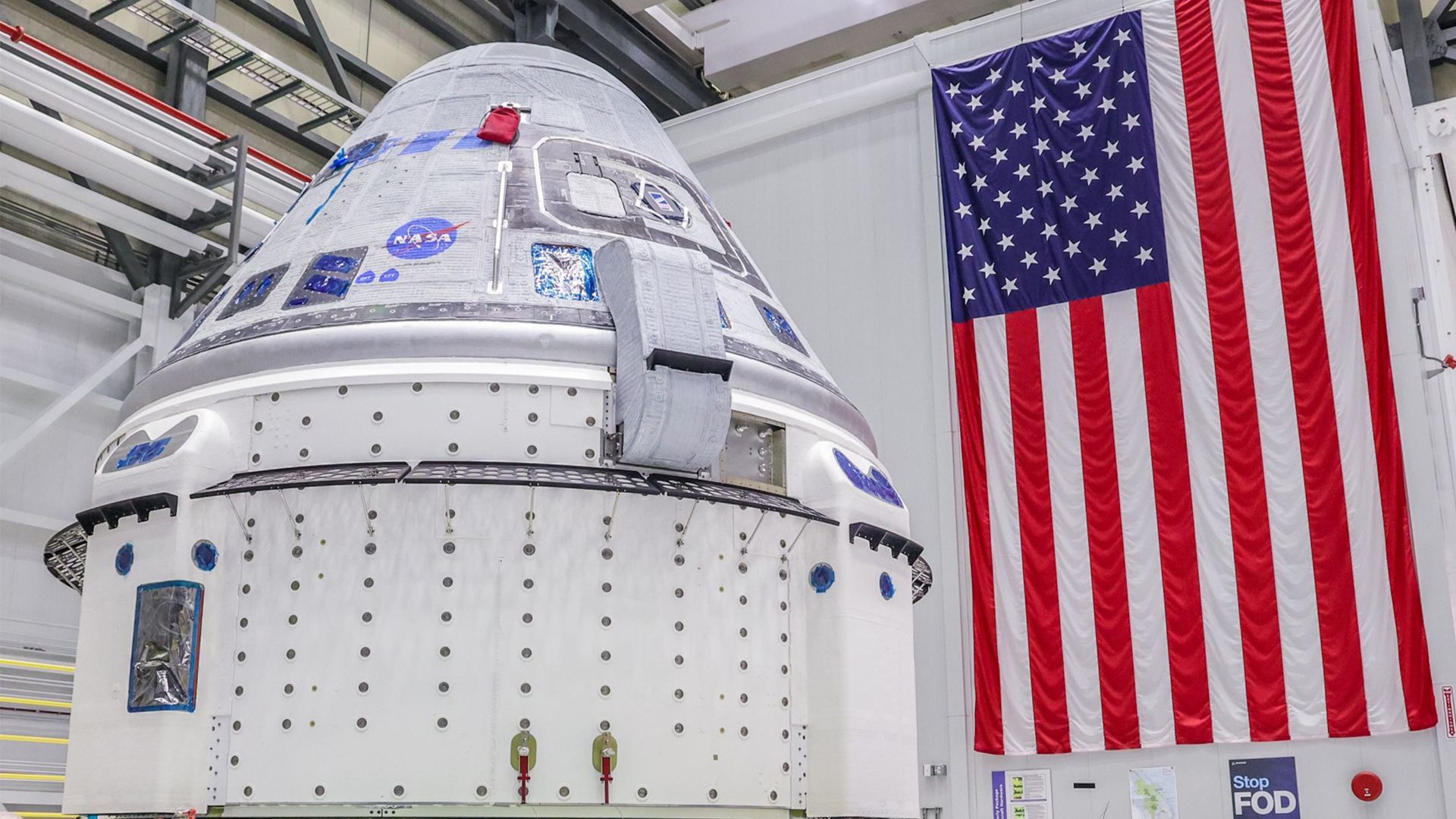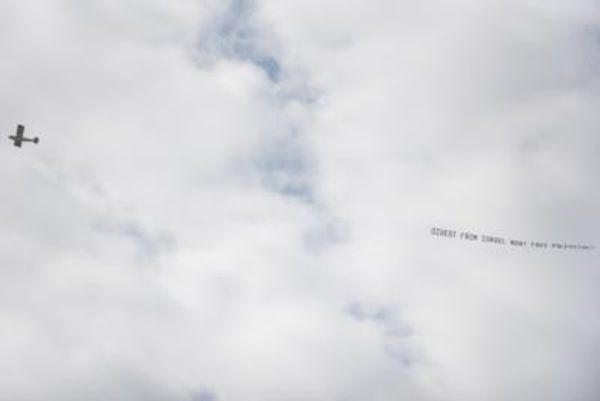
Boeing's new spaceship has been cleared for its first-ever crewed liftoff.
Over the past two days, NASA and Boeing held a flight readiness review (FRR) for the Crew Flight Test (CFT) mission, which will send agency astronauts Suni Williams and Butch Wilmore to and from the International Space Station (ISS) aboard Boeing's Starliner capsule.
The FRR found no serious issues, meaning CFT is go for launch on May 6 as previously planned, NASA announced today (April 25).
"I can say with confidence that the teams have absolutely done their due diligence," NASA Associate Administrator Jim Free said during a call with reporters this afternoon. "There's still a little bit of closeout work to do, but we are on track for launch at 10:34 [p.m.] Eastern Daylight Time on Monday, May 6."
Related: Facts about Starliner, Boeing's next-generation spaceship for astronauts
Starliner will lift off atop a United Launch Alliance Atlas V rocket from Florida's Cape Canaveral Space Force Station, sending Starliner — and Williams and Wilmore — to the ISS for a roughly 10-day stay.
It will be the first-ever crewed launch on an Atlas V, and the first astronaut mission for a rocket in the Atlas family since the Mercury program in the early 1960s.
Starliner doesn't have any crewed flights under its belt, either, but the capsule has flown twice before. The spacecraft first launched in December 2019, on an uncrewed test mission to the ISS. Things didn't go well, however; Starliner suffered a series of problems shortly after liftoff, which caused it to get stranded in an orbit too low for a rendezvous with the station. Starliner succeeded on its second attempt at an uncrewed ISS mission, meeting up with the orbiting lab in May 2022, but the road to the pad for its first astronaut flight has been bumpy.
NASA and Boeing had planned to launch CFT in July 2023, but engineers discovered several issues with Starliner in the leadup to liftoff — a problem with the suspension lines on Starliner's main parachutes, for example, and the fact that much of the capsule's wiring was wrapped in flammable tape.
Addressing those problems and testing the fixes pushed CFT's launch date to mid-April. Relatively heavy traffic at the ISS caused a further slip, bringing Starliner to its current launch target of May 6.
The launch teams are still working a couple of issues at the moment, according to Steve Stich, manager of NASA's Commercial Crew Program (CCP). They're replacing a valve at the launch pad, for example, and analyzing contingency scenarios for the jettisoning of Starliner's forward heat shield during reentry to Earth's atmosphere.
However, neither issue is expected to cause another delay, Stich said during today's media call.
Starliner won't be the first private spacecraft to carry astronauts to the ISS, of course; SpaceX's Dragon capsule has done so a dozen times to date.
Eight of those crewed SpaceX ISS missions have been operational flights conducted via the CCP. Boeing and SpaceX both signed multibillion-dollar CCP deals back in September 2014 to get their private astronaut taxis up running.
SpaceX launched its version of CFT, the Demo-2 test flight to the ISS, on May 30, 2020. Demo-2 sent NASA astronauts Bob Behnken and Doug Hurly to the orbiting lab for about two months; the duo returned to Earth on Aug. 2, 2020.
Getting a second U.S. astronaut taxi up and running is a big deal for NASA and the nation, agency officials said.
"Having redundant crew vehicle capability from the U.S. to transport our crew to ISS is really important and helps us with any number of different contingency scenarios that we can encounter, whether that's launching crew on board to keep us continually crewed or issues we could face on board with other spacecraft that require redundant capability for crew rescue purposes," Dana Weigel, manager of NASA's International Space Station Program, said during today's teleconference.
SpaceX also flies robotic resupply missions to the ISS with the cargo version of Dragon, under a separate NASA deal. Elon Musk's company is currently preparing to wrap up its 30th such flight; the latest Dragon cargo capsule is set to return from the ISS on Sunday (April 28).







